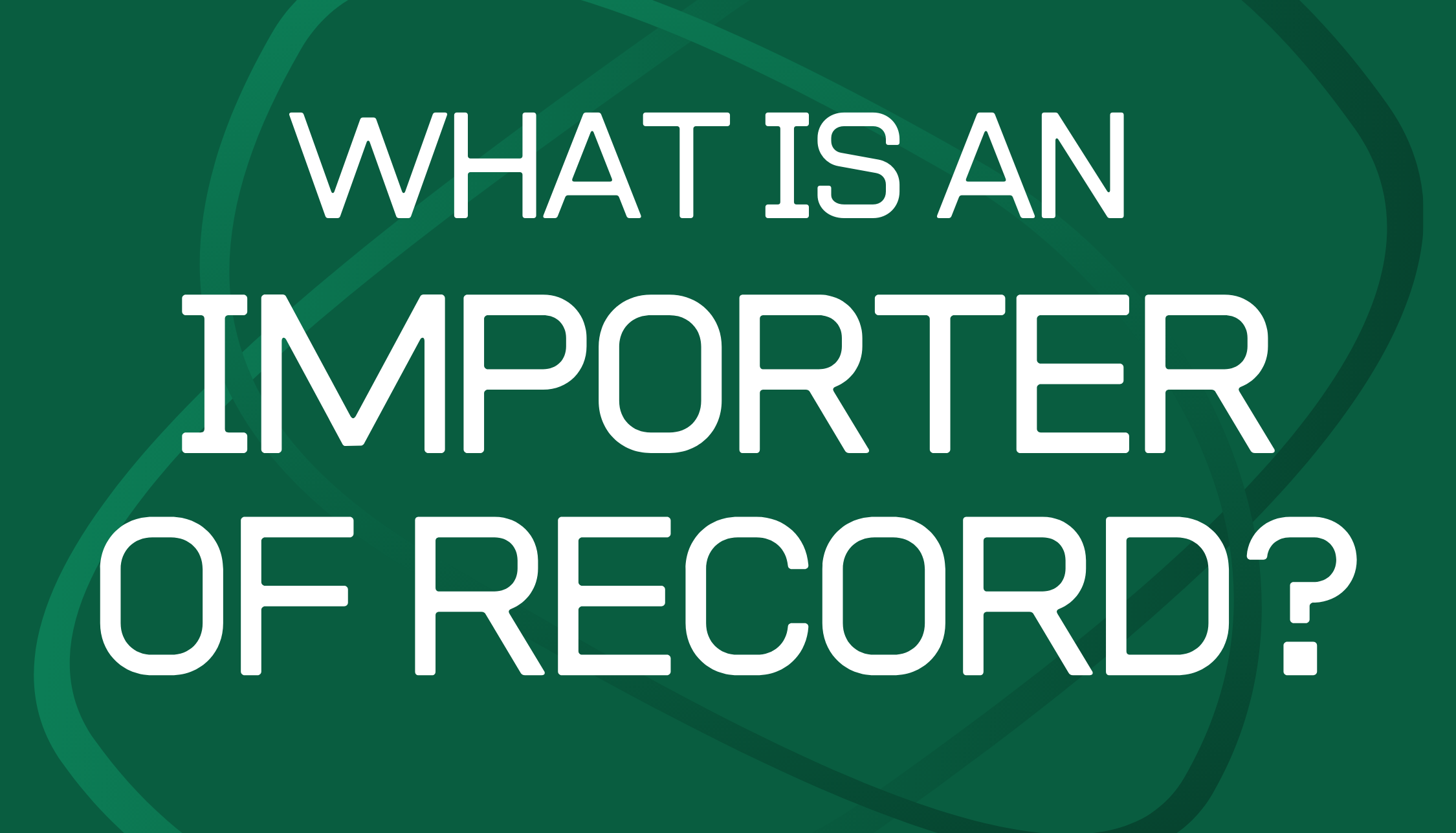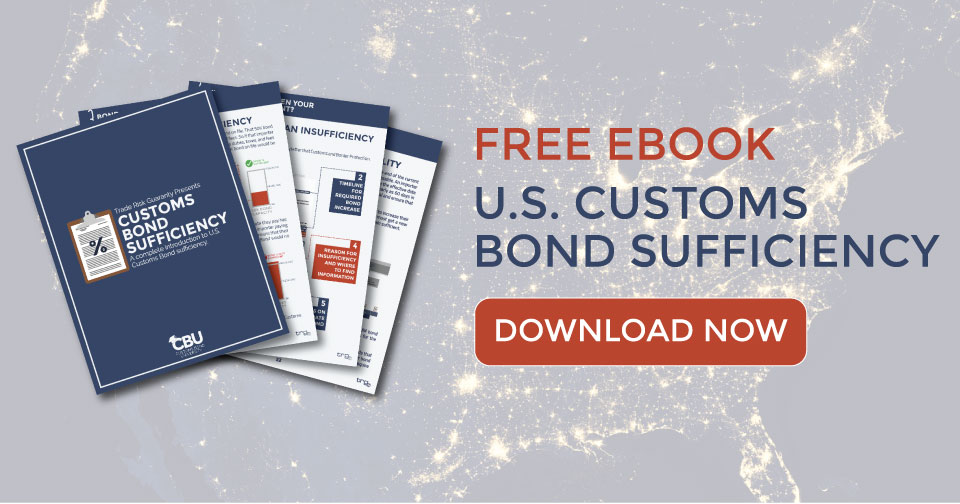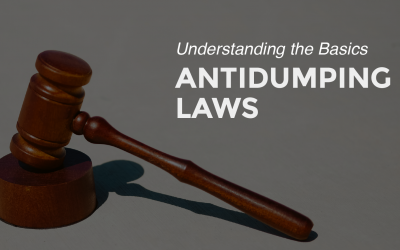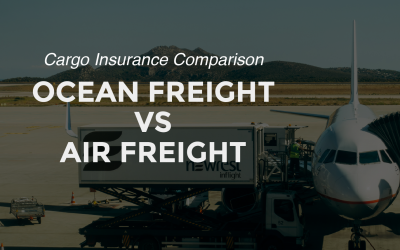An Importer of Record is responsible for entry documents required by U.S. Customs and Border Protection, product classification, payment of duties, and other import obligations needed to import goods into the United States.
The Importer of Record (IOR) is the owner, purchaser, consignee, or authorized Customs broker of imported products coming into the United States. U.S. Customs and Border Protection (CBP) created the role of Importer of Record to secure imports from terrorism and assure the payment of duties on all imported goods.
Who can act as the Importer of Record?
The Importer of Record is the owner, purchaser, or consignee who has the ownership of imported goods at the time of importation. However, a licensed Customs broker authorized to make entry by the owner, purchaser, or consignee can also act as the IOR. An IOR can either be an entity or an individual.
Owners and Purchasers
An owner or purchaser is any party with a financial interest in the goods being imported. They can be the owner, purchaser, buying or selling agent, or someone who imports on consignment. An owner or purchaser may make entry on their own behalf or designate a licensed Customs broker to make entry and be shown as the Importer of Record.
Customs Brokers
For a Customs broker to be the Importer of Record, they must be granted Power of Attorney (POA) to get authorization to do clearance for an importer. Even when using a broker, the importer is still ultimately responsible for the documentation’s accuracy presented to CBP and all applicable duties, taxes, and fees.
Entities
An entity is defined as a person, group, corporation, partnership, etc. that is possible to conduct business with. An entity can qualify as a purchaser of goods being imported, and therefore be qualified to act as the Importer of Record.
Consignees
In some circumstances, the purchaser has the title to the goods being imported, but then consigns the goods to a person or entity to make entry into the United States, making that consignee the Importer of Record. This means that the purchaser entrusts the consignee to provide other logistics and customs entry services. That entrustment is legally a consignment. That consignment will end as the goods are entered, and the buyer will then reassert full ownership on a stand-alone basis.
Sellers
In some circumstances, the seller holds title to goods upon importation, making them the owner and qualified to be the Importer of Record. Customers who don’t take title to the goods until after they are delivered (after entry into the United States) do not own the goods at the time of entry. If that is the case, only the seller, who is the owner at the time of entry, can act as the IOR.
What are the Responsibilities of the Importer of Record?
Being an Importer of Record carries a considerable burden because they must meet Customs’ requirements, present accurate entry documents, and fulfill all other statutory obligations. This burden can be summarized as exercising reasonable care.
The Importer of Record has the responsibility of:
- Initial valuation and classification of imported goods
- Assessment and payment duties, tariffs, and other fees
- Appropriate documentation required by Customs to make entry
- Compliance with all necessary regulations and statutes
- Accuracy and accountability of goods at the time of import
Lastly, an Importer of Record must also appoint a Power of Attorney (POA). When the IOR cannot be on-site at the time of importation, the POA can act on their behalf. However, the POA must execute and maintain reasonable care at the time of the import.
Compliance with Customs’ Regulations
CBP prefers that voluntary informed compliance measures are taken, but an Importer of Record could be subject to enforced compliance. Enforced compliance can include inspections and examinations of imports, audits of documentation, assessment of monetary penalties, investigations into business dealings, civil penalties, and additional criminal penalties.
Some government agencies have gone beyond the Importer of Record and denied entry of imports based on possible threats to the United States’ general welfare. If such refusal occurs, CBP does not assume responsibility for the importing of goods. Instead, CBP may oversee the export or destruction of these goods.







![[Video] What Are Antidumping and Countervailing Duties?](https://traderiskguaranty.com/trgpeak/wp-content/uploads/2024/03/what-are-antidumping-countervailing-duties-YT-400x250.png)